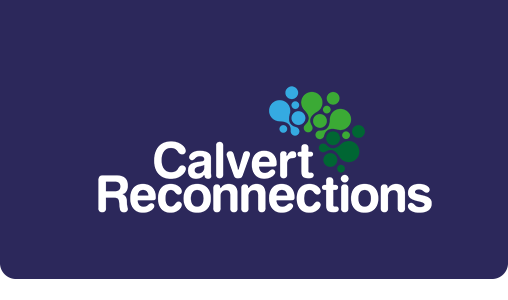Calvert Reconnections helping to shape new national strategy on ABI
Neuro-rehabilitation centre, Calvert Reconnections, is helping to shape the government’s new national strategy on Acquired Brain Injury (ABI) by contributing to the recently-launched Call for Evidence.
In December 2021, the government committed to developing an ABI strategy to improve services for people with ABI. The strategy has been championed by Chris Bryant MP with support from a range of brain injury charities.
Commenting on Calvert Reconnections’ response to the consultation, Head of Service, Claire Appleton said:
“We share the government’s ambition to achieve a step change in the care and support available to people living with ABI, so that they have the chance to regain the fullest possible quality of life.
“In particular, we would urge the government to place greater focus on post-acute rehabilitation, recognise the absence of support for the families of those with ABI, look beyond traditional, therapy-based rehabilitation and recognise that the funding and availability of placement at rehab units for those with ABI is not uniform and remains a postcode lottery.”
The Call for Evidence focuses on a number of key areas and also asks whether the national strategy should also consider other neurological conditions alongside ABI. The view of Calvert Reconnections is that the government’s approach should focus solely on ABI to ensure a clear, targeted strategy is developed.
In submitting its response, Calvert Reconnections has also invited the Minister of State for Care and Mental Health, Gillian Keegan and Chris Bryant MP, who co-chair the ABI strategy programme board, to visit the centre.
Calvert Reconnections is a unique residential neuro-rehabilitation centre for people with post-acute ABI. The centre delivers cognitive and physical rehabilitation strategies alongside daily living and vocational skills within the local community.
As the centre approaches its first anniversary, clinicians have released their first evidence-based outcomes review.
To date, duration of participant stay has varied, some for just 6 weeks, and others for as long as 24 weeks. On average the length of stay has been 13 weeks.
Analysis of participants’ outcomes to date, indicate:
- 100% have improved their ability to carry out everyday activities.
- 100% needed less support when they were discharged and 60% have progressed onto independent living.
- 100% have a significant greater hope for the future.
- 80% feel more empowered through greater participation and control over decisions that affect their lives.
- 100% of participants improved their sense of positive purpose and direction.
Brain injury silk Bill Braithwaite QC, Trustee at the Lake District Calvert Trust, said:
“I’m so delighted about these outcomes, because they justify our faith in this adventurous brain injury rehabilitation programme. There is a huge demand for rehab which is more than the common, therapy-based system, which can be dull and dispiriting; over the years I’ve seen so many patients who have either refused to participate, or failed to engage continuously, because they don’t feel the motivation.
“Now that we’re well-established, and Covid is retreating, I hope that all those survivors out there, and their case managers and lawyers, will come and share with us the wonderful, invigorating, rehabilitation we offer.”
